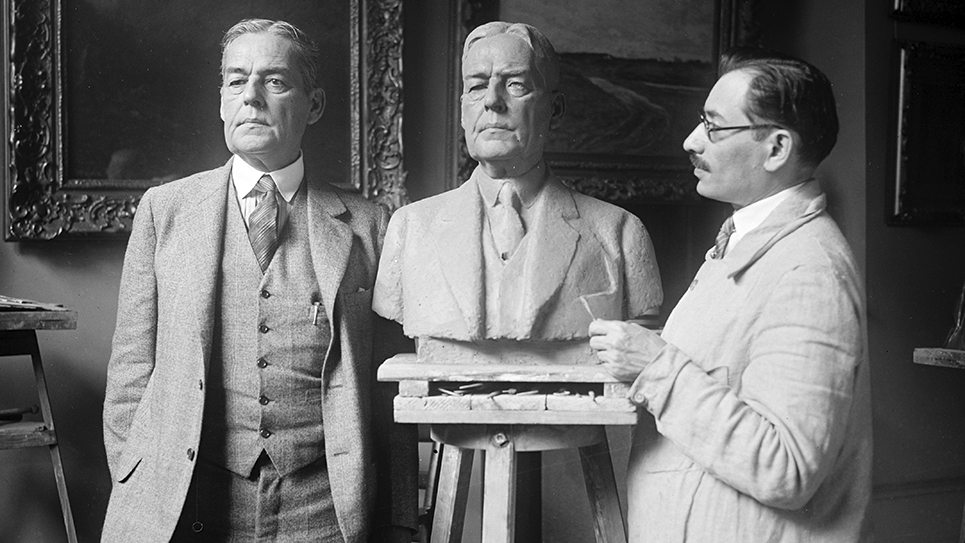In 2008, the United States Supreme Court upheld a voter identification law passed in Indiana requiring voters at the polls to present either a United States-issued or an Indiana-issued form of photo identification to vote. The case was Crawford v. Marion County Election Board, 553 U.S. 181 (2008) where the plaintiff challenged the law’s constitutionality as restriction on the right to vote. In a 6 to 3 decision, the Supreme Court recognized that there is “no question about the legitimacy or importance of the State’s interest in counting only the votes of eligible voters.” Indiana had experienced cases of in-person voter impersonation at polling places as well as voter registration rolls with a large number of names of persons who were either deceased or no longer lived in Indiana. The Court further found that the burden placed on eligible voters was not substantial as the ID cards are free and going to the Bureau of Motor Vehicles, gathering required documents and posing for a photograph is not a significant increase over the usual burdens of voting.
By Sharon Frankenberg,
Attorney at Law
Currently 34 states have passed voter identification laws. Several state voter identification laws are being challenged in court. Opponents of the laws call them racist efforts to suppress the votes of minorities and low-income Americans. The American Civil Liberties Union, among others, is challenging the law in Wisconsin as impacting the elderly and low-income voters disproportionately. The trial is taking place in federal court this month. In Texas, challenges to the State’s Voter Identification law are working their way through the courts. Since 2002, the Texas Attorney General’s Office has prosecuted 50 cases of voter fraud which is a tiny number when compared to over 13 million eligible voters in 2012.
In 2011 the Tennessee General Assembly passed a law requiring voters to present government- issued photographic identification at the polls. This new law was challenged after the City of Memphis Public Library began issuing photo identification cards to its patrons. While the law allowed the acceptance of photo identification cards that had been issued by an entity of the State of Tennessee, the library-issued photo identification cards were turned away by election officials. The Tennessee Supreme Court heard the case and ruled unanimously to uphold the Act. In April of this year, the General Assembly amended the Voter Identification Act to specifically exclude cards issued by municipal libraries as valid identification. This amendment codifies the decision by the Tennessee Supreme Court and suggests that our Voter Identification Act will be enforced by the courts.
The State’s interest in ensuring voter confidence in the electoral process as well as its compelling interest in preventing voter fraud presently outweigh the burden imposed on voters by having to prove their identity at the polls. We will see in the next few months if any of the currently pending cases change the status of voter identification laws at the national level.






